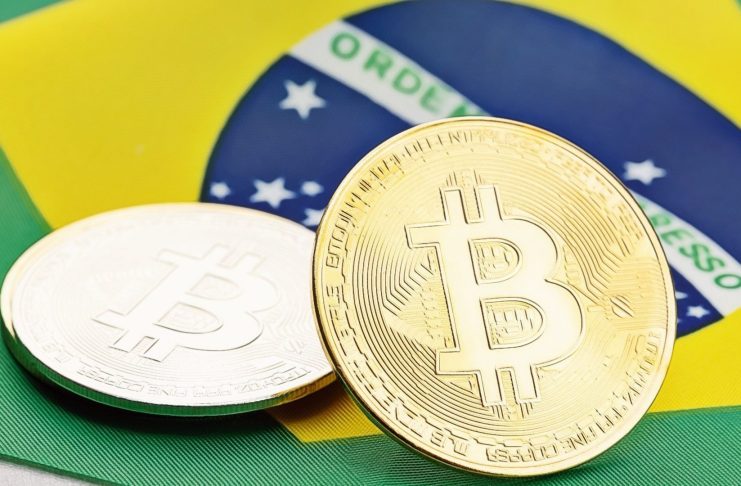The recent signing of a new law by Brazilian President Luiz Inácio Lula da Silva marks a significant development in the regulation of cryptocurrencies in Brazil. The law grants the country’s central bank the authority to regulate and supervise cryptocurrency firms, while also recognizing the role of the securities regulator, Comissão de Valores Mobiliários (CVM), in overseeing token projects classified as securities. This decision carries several implications for the cryptocurrency industry and the broader financial landscape in Brazil.
Firstly, the empowerment of the central bank to regulate and supervise cryptocurrency firms signifies a proactive approach by the Brazilian government in addressing the challenges posed by digital currencies. By establishing clear guidelines and oversight mechanisms, the government aims to enhance consumer protection and mitigate the risks associated with cryptocurrencies, such as fraud, money laundering, and market manipulation. This move can instill greater confidence among investors and contribute to the long-term stability and growth of the cryptocurrency market in Brazil.
Secondly, the recognition of the CVM’s continued authority over token projects classified as securities demonstrates a nuanced understanding of the diverse nature of cryptocurrencies. While some tokens may function as digital currencies or commodities, others may possess characteristics of traditional securities. By maintaining the CVM’s regulatory oversight in this area, Brazil acknowledges the need to ensure investor protection and market integrity for securities-like tokens. This approach strikes a balance between fostering innovation and safeguarding the interests of investors.
Furthermore, this regulatory framework creates a favorable environment for cryptocurrency-related businesses to operate in Brazil. Clear guidelines and supervision from the central bank can facilitate the establishment of legitimate and compliant cryptocurrency firms, attracting domestic and international players to the Brazilian market. This, in turn, can stimulate job creation, promote technological advancements, and foster innovation in the fintech sector.
Overall, the decision to empower the central bank to regulate cryptocurrencies and maintain the CVM’s authority over security-like tokens represents a progressive step in Brazil’s approach to this emerging asset class. By embracing regulation while providing room for innovation, the government aims to strike a balance that promotes financial stability, protects investors, and harnesses the potential of cryptocurrencies for economic growth. This regulatory clarity and oversight can position Brazil as a leading player in the global cryptocurrency landscape, attracting investment and fostering a thriving digital economy.
Disclosure: This is not trading or investment advice. Always do your research before buying any cryptocurrency or investing in any service.
Follow us on Twitter @nulltxnews to stay updated with the latest Crypto, NFT, AI, Cybersecurity, Distributed Computing, and Metaverse news!
Image Source: avictorero/123RF
Image Effects by Colorcinch




